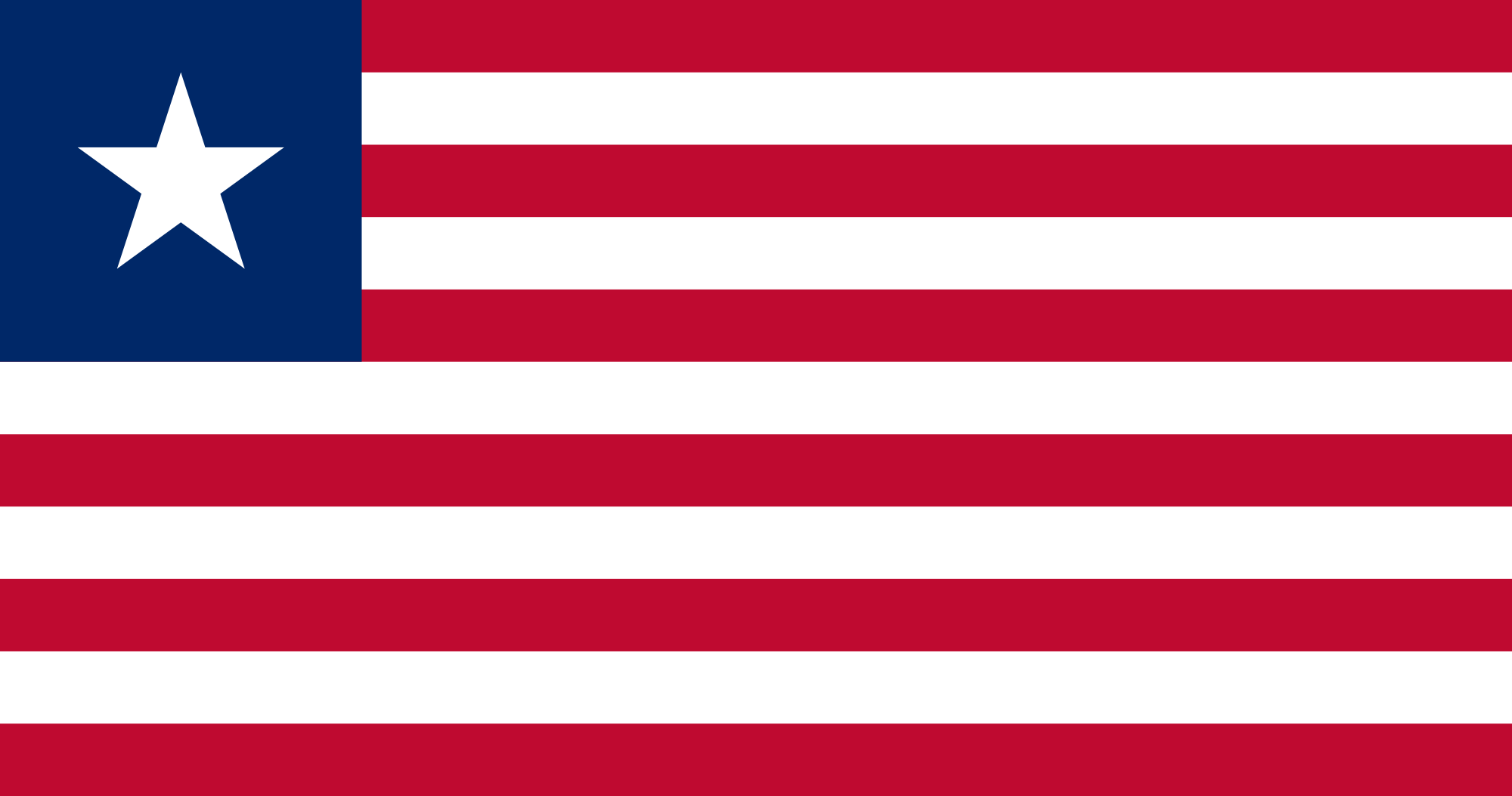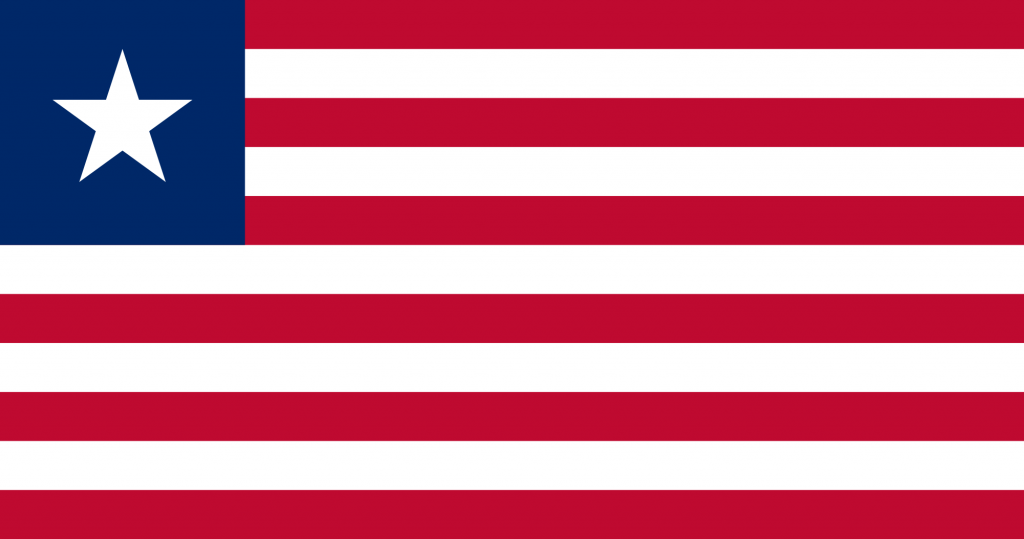The one-day seminar on ‘The Way Forward for an Enforceable Gender Quota and strategies for implementing Election Law 4.5 (b) and (c)’ was organized by UN Women in partnership with the National Elections Commissions (NEC) with support from Canada.
Says Veep Taylor as UN Women holds seminar on ‘Way forward for an enforceable Gender quota and strategies for implementing Elections Law 4.5 (b) and (c)’
As Liberia moves toward mid-term elections in October 2020, Vice President Jewel Howard Taylor is expressing dissatisfaction that despite 49 per cent of the population in the country and 49.5 per cent of registered voters are women, the women still remain underrepresented at all levels of government with only a few of them in the Senate, House of Representatives and other decision-making positions.
Vice President Taylor said: “For example, out of the 30 members in the Senate only one (1) is a woman. In the counties, eight out of 15 counties have no women representation in the national Legislature. Moreover, only three (3) out of 15 County Superintendents are females-Bong, Montserrado and Grand Kru counties while 12 counties are headed by male superintendents.”
The VP made these remarks on Monday, March 9, during a one-day seminar on ‘The Way Forward for an Enforceable Gender Quota and strategies for implementing Election Law 4.5 (b) and (c).’ The seminar was organized by UN Women in partnership with the National Elections Commissions (NEC) with support from Canada.
Research shows that states are more likely to achieve lasting peace post-conflict when women are part of the peace process, said VP Taylor. She thanked the NEC, the UN Women family and the Canadian as well as the Swedish governments who are pushing for the participation and ascendancy of women in all aspects of the society.
UN Women Country Representative, Marie Goreth Nizigama in her remarks said, drew attention to the disproportionate statistics of women in decision making positions, especially in the National legislature.
“There are currently 9 women in the House of Representative (HoR) out of 73 seats and 1 woman in the Senate out of 30 seats,” she said noting that in appointed positions there are 3 women Ministers proper out of 19, 10 female deputy ministers out of 48 and 3 appointed women county superintendents out of 15.
Chronic barriers to women’s participation, ascendancy

Declared Nizigama, “this is no accident as Political Party Structure, Cultural and Social Barriers, Legal Framework, Political Will, Fragmented Women’s Movement, Perception of Women’s leadership and messaging, Exposure of women aspirants and candidates, Access to resources, Violence Against Women in Elections and Politics remain chronic barriers to increased participation of women.
She further explained that in countries where greater numbers of women participate as political leaders, issues like health, education, infrastructure, ending violence against women, and overall quality of life concerns get paid greater attention.
Women’s Actions to Change their Status Stonewalled
She said pointed to efforts women are making to change their status and enhance women’s political participation in Liberia. Among those actions are the Fairness Bill of 2009, the Gender Equity in Politics Bill of 2010, An Act to amend the Elections Law of Liberia 2013, and Women’s Minimum Agenda for Constitutional Review 2014. Other initiatives are the Equal Participation and Representation Bill of 2016 also known as the Affirmative Action Bill and the Proposition for 15 reserved seats submitted to the Senate by President George M. Weah in August last year. All of these have been stonewalled,” she lamented.
Madam Nizigama further reported that the amendment of the Elections Law culminating into the New Elections Law 2016 came up short, it called for political parties to ‘endeavour to ensure’ that no less than 30% of their candidates on lists submitted were of a particular gender, adding that this has been termed as ambiguous and unenforceable by the Elections Commission because it proposes no sanctions.
A steady decline in women’s representation on elected bodies
Nizigama observed that in the absence of a clear enforceable law, there has been a steady decline of women in elected bodies: from 16.6% in the Senate and 12.5% in the House of Representatives in 2006 to what “we have now, 3.33% in the Senate and 12.3% in the House of Representatives.
“We marked IWD in Liberia on Friday and I urge us all to take concrete action concerning women’s participation. Other countries are making strides and we cannot be left behind. We remain a role model on many fronts,” Nizigama reminded participants.
“We encourage political parties to get on board to support the NEC to set voluntary quotas; we call on the National Legislature of to be deliberate and take necessary steps to move the conversation on quotas forward as listed in the Propositions of the Constitutional Review Committee and we request civil society, partners and ordinary citizens to not get tired,” she said.
Nizigama called on Liberians to leverage the opportunity to turn the trend of women representation and participation in a positive direction.

